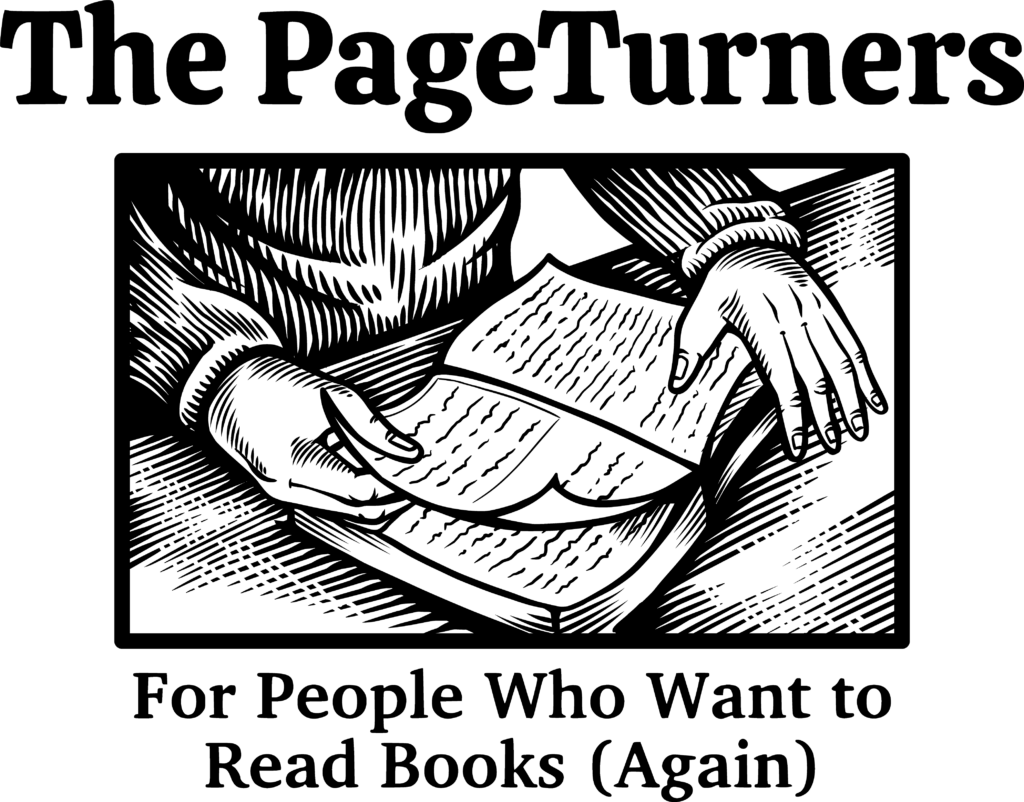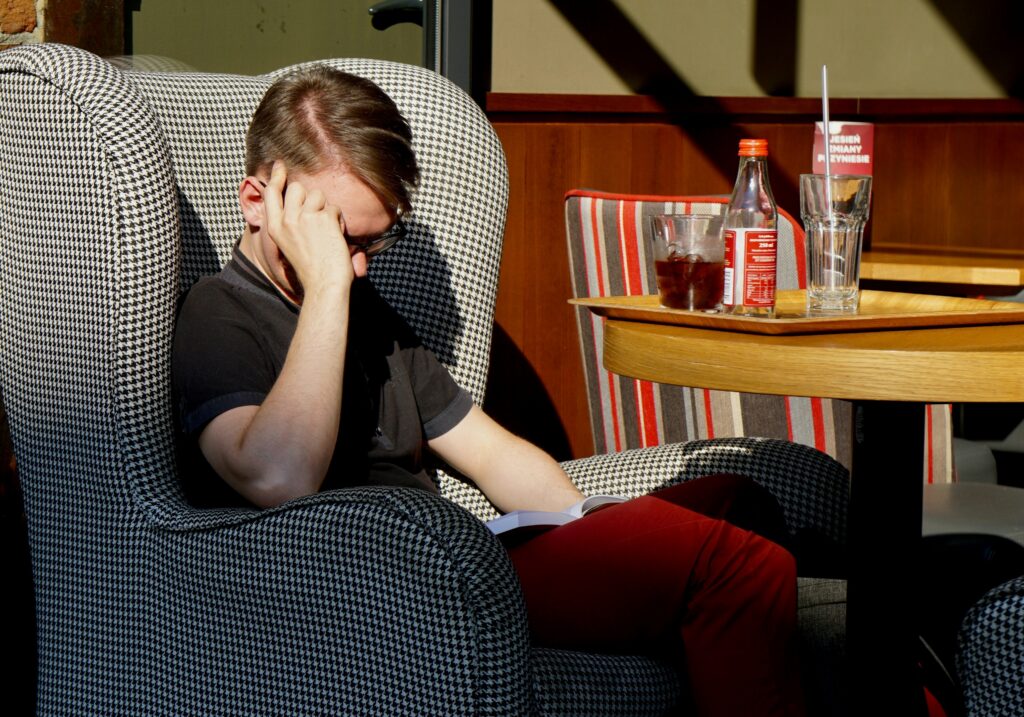My January reading was an unexpected bummer, especially enjoying the momentum of completing three books in the busy month of December. That said, I’m not sure there’s much I could have done to have a better reading month and am instead inclined to chalk this one up to that just being how it goes sometimes. A robust book-reading habit can and must be able to handle these inevitable lulls. But I think it’s still worth reflecting on the month’s experience. It’s been the only month since I started my daily reading habit last February that I haven’t completed even one book.
The main thing I read in January was 2024’s The Light-Eaters: How the Unseen World of Plant Intelligence Offers a New Understanding of Life on Earth (Zoe Schlanger) which I’ll discuss in more detail in a separate post. Suffice to say though, that this book is extremely well-reviewed and about a topic that, at least in theory, I find fascinating: the capabilities and “consciousness” of plants. The problem was not that I tried to make myself read something I didn’t care about. While I am glad I read this book, I still found it a hard go. One of the things working against me having an enjoyable reading experience with this particular book was that I generally find it harder and slower to make my way through a non-fiction book, however well-written. This means the pleasure derived from making progress through a book can be elusive.
Reading non-fiction at a slower pace seems to be the rule, with measured reading speeds for nonfiction slower than for fiction (238 vs 260 average words per minute, according to a 2019 meta-analysis of adults who spoke English as their first language). For this reason, I’ve found it helpful sometimes to have a novel going at the same time as I read a non-fiction book, though some people might find this just fragments their reading experience and impedes completion even further. I think this is a your-mileage-may-vary thing that will also depend on where you’re sourcing your books, i.e., are you reading library book/s that are in hot demand by other library patrons (meaning under no time pressure, with no chance to renew, or at least not without fines and/or guilt), or are both books ones you already own or have borrowed from patient friends?
This is another case where the licensing and politics of ebooks borrowed from libraries influenced my reading experience, since this recently published book by a known writer on an arguably trendy topic has a massive borrowing queue in my library system, which led me to take advantage of the opportunity to borrow it as a seven-day “fast-read,” even though I was already in the queue to borrow it for the normal three-week period. There was no way I could have finished this book in a week, which meant I felt stressed when I had it for a short time and somewhat disoriented when I was able to borrow it a second time about three weeks later…so maybe that’s a lesson – don’t do that again. Resist the temptation to borrow a longer in-demand book on a shorter loan period – easier said than done!
More positively, it increased my enjoyment of reading this book to try out the Readwise app for the first time. I’m still very new to it, but I enjoyed the free trial enough to sign up for the paid version and look forward to exploring and writing about that more. In short, it helped alleviate the feelings of frustration and over-stimulation I often get when reading information-dense non-fiction, i.e, “This is so interesting but I’ll never remember any of it!” If I hadn’t used Readwise, I would have found it even more stressful to read this book due to lack of time to take my own notes. Thanks to Readwise, I was able to create and preserve a record of what I found new and notable (a lot!) in the book and can go back over that at my leisure. Knowing this was possible let me focus more on enjoying the reading process in the moment.
Aside from that somewhat disjointed and stressful experience reading The Light-Eaters, January’s reading also left me somewhat adrift in that I never managed to settle into another book, despite many attempts and “auditions.” I had at least nine or ten other books (mostly nonfiction but also three novels) out from the library over the course of the month, in addition to a cookbook and one that was more of a self-help/instruction book. There was a format glitch with a Kurt Vonnegut novel from the library I wanted to try – another frustration. The other two novels happened to be available when I was looking for ebook fiction and were on my “for later” library list, but I often put things on that list that I’m only mildly curious about because I like to have a lot of choices. Neither ended up grabbing me, but I’ve left them on that list to allow for the possibility that they might at another time when I’m not already book-vexed.
On top of these digital choices, I also had a night table piled with eight or so physical books covering a variety of nonfiction subjects….did this contribute to my difficulty in settling on a book to dig into? I think so – maybe it’s like having too many TV channels? Always wondering what I’m missing out on….and I never did get into any of those physical books, despite the relative luxury of being able to renew them multiple times (not the norm with ebooks). So maybe I’ll try to avoid duplicating those circumstances. I found it hard to make myself take the physical books back though, even though I consistently preferred to read whatever was available on my e-reader. I just kept telling myself I would get to one or more of them, then felt mildly discouraged and defeated when I had to haul them back never having done so, at least not beyond superficial skims.
However, through all this somewhat distracted, fragmented and unsatisfying reading, I kept up with my daily tiny habit of reading at least one paragraph, on all but three days. This was also despite varying my morning routine somewhat to prioritize addressing my insomnia problem – more on that separately. I feel the strength of the Tiny Habits method tided me through this rough patch when it could have easily been a time that I allowed my book-reading habit to lapse again.
Therefore, while I leave the month of January behind feeling somewhat thwarted in my reading quests, I’m also pleased that despite these mild challenges to my book-reading routines, I also feel driven to find my next new book. I started the novel Medusa by Jesse Burton today. After a tougher reading month, I don’t want to jinx it, but the first few pages are promising. And with that, off I go eagerly to my bedtime reading. My Kobo calls…
What I’m taking away
- Learn to expect and accept a slower reading pace for nonfiction.
- Too many book options within sight and easy reach can distract and interfere with settling into and enjoying the book right in front of me.
- The stress of reading popular, in-demand library ebooks under time pressure may not always be worth the trade-off of reading books for free.
- It’s okay if every month is not my best-ever reading month.
- Sticking to my tiny habit provides me with a foundation to build from and sets me up for success next time.

